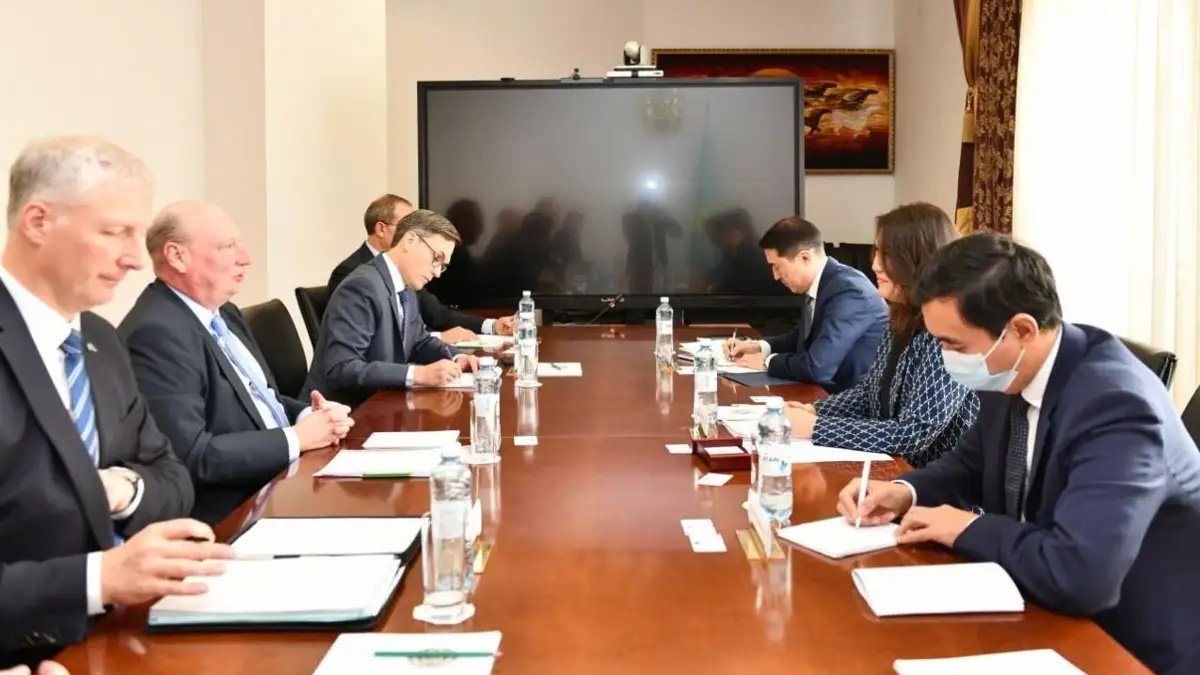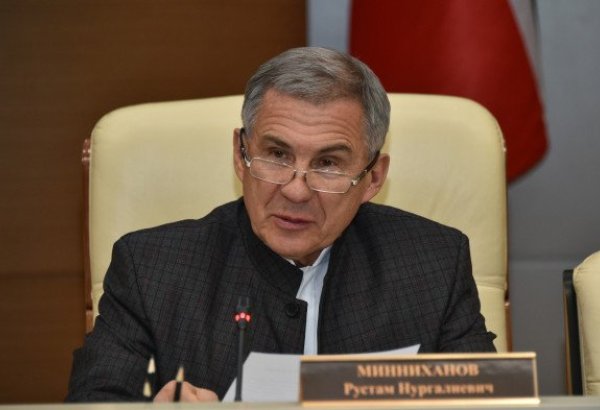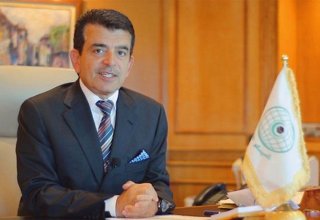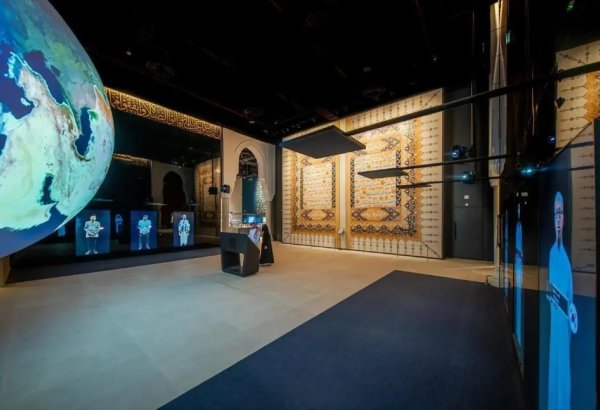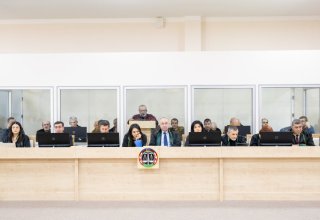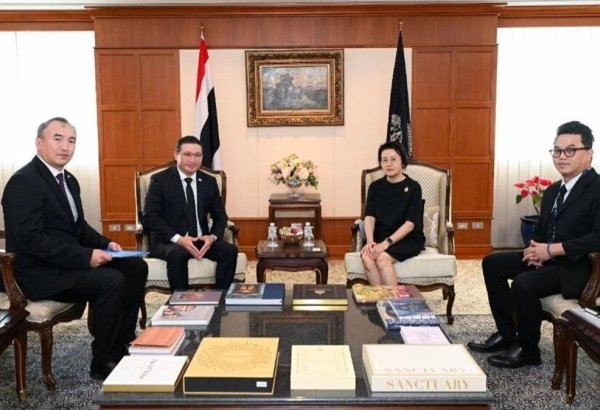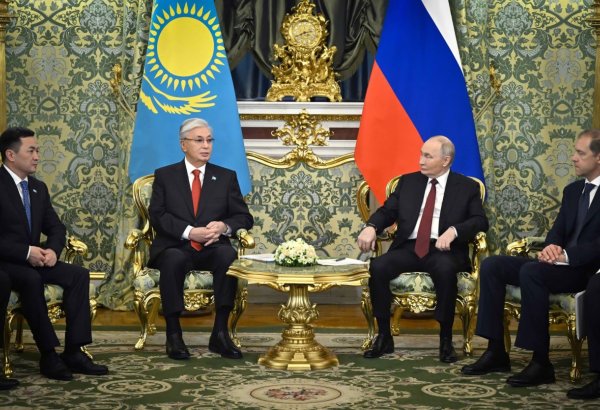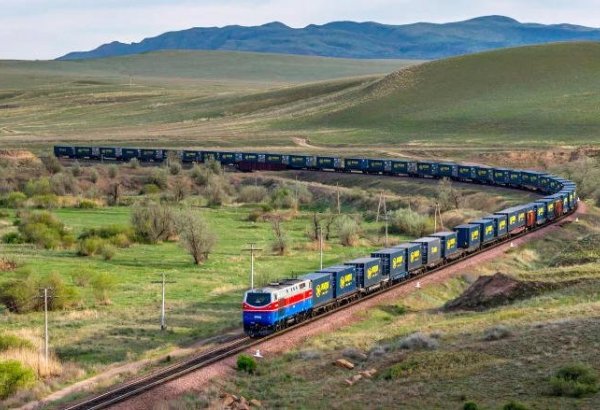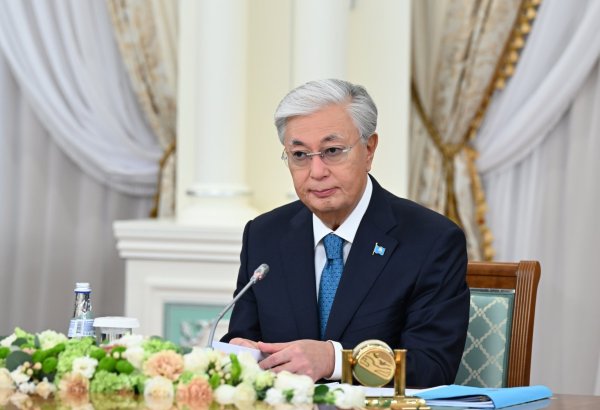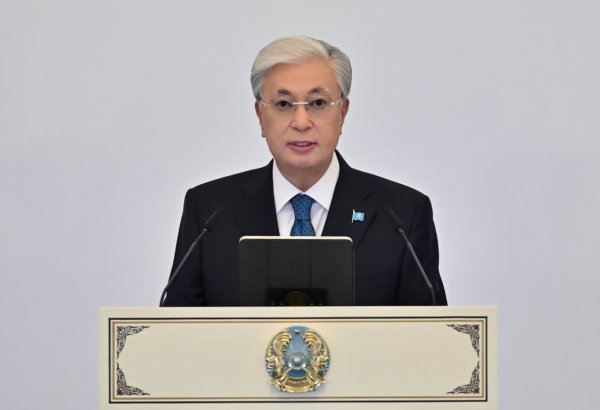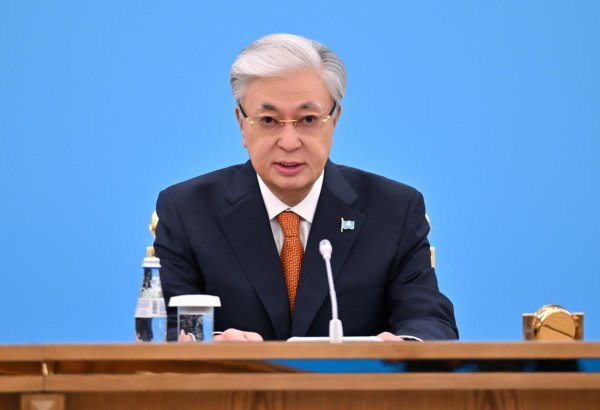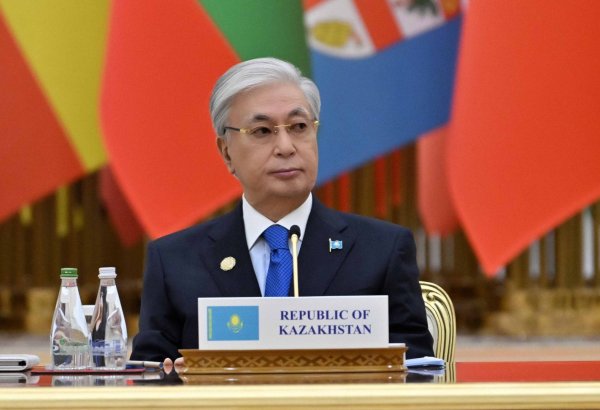Deputy Minister of Foreign Affairs of Kazakhstan Nazira Nurbayeva held a meeting with Henrik Hololei, Hors Classe Adviser of the European Commission, on the practical development of transport and transit cooperation between Kazakhstan and the European Union, Kazinform Agency cites the press service of the Kazakh MFA.
Welcoming the dynamic development of Kazakh-European relations, the parties discussed joint actions to diversify transit corridors between the markets of Asia and Europe through the implementation of transport and logistics potential of Kazakhstan, increasing harmonization of transport sectors of the countries of Central Asia and the Caucasus, promoting aviation cooperation.
The Deputy Minister spoke in detail about the strategic vision of the development of the country’s transport industry, voiced by President
Kassym-Jomart Tokayev in his annual state-of-the-nation address Economic Course of a Just Kazakhstan, in particular, the tasks to improve the competitiveness of Kazakhstan through the implementation of major railway projects and construction of new logistics facilities, as well as further expansion of constructive cooperation with the countries of the region and participants of the Middle Corridor.
Henrik Hololei expressed his support for initiatives to develop a transit hub in Kazakhstan, emphasizing that the trusting political dialogue and economic relations between Kazakhstan and the EU are a positive foundation for transport and logistics cooperation.
The EU welcomes the ambitious strategy to become Kazakhstan’s transportation and logistics hub and is interested in participating in infrastructure projects, as well as attracting private investors, the European diplomat said.
The parties also discussed in detail the measures for the development of transport connectivity between Central Asia and the EU, recommended in the relevant EBRD study.
Thus, the document announced in Almaty on May 18-19, 2023 during the Central Asia – European Union Economic Forum has assessed the existing and potential corridors of Central Asia and proposed the most optimal transport connection between the five republics of the region and the EU Trans-European Transport Network (covers 27 EU member states, as well as the Western Balkans, Eastern Partnership countries and Turkey).
The European Commission’s Advisor noted that the implementation of measures and projects of the study will allow to achieve significant indicators of international and intra-regional transit in Central Asia, develop intra-regional trade and create industrial enterprises along the region’s corridors, as well as significantly increase the infrastructure capacity of the five countries.








